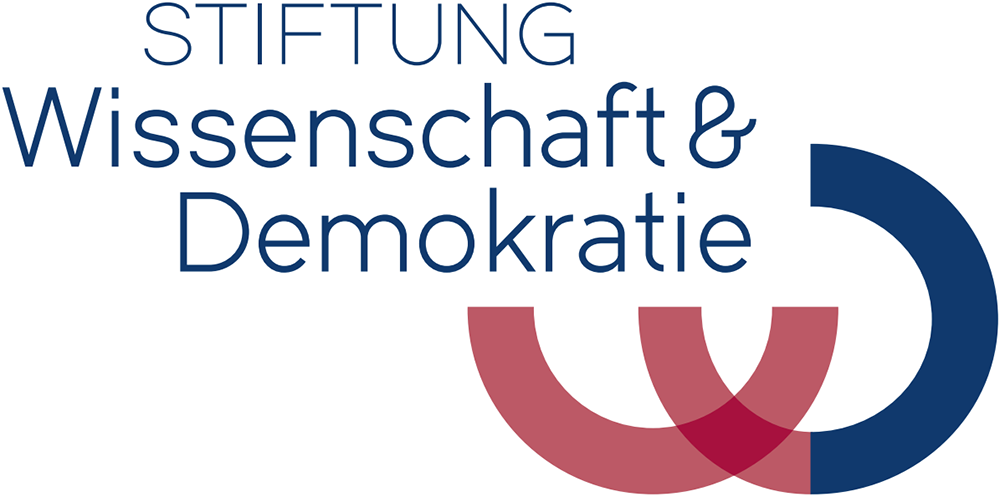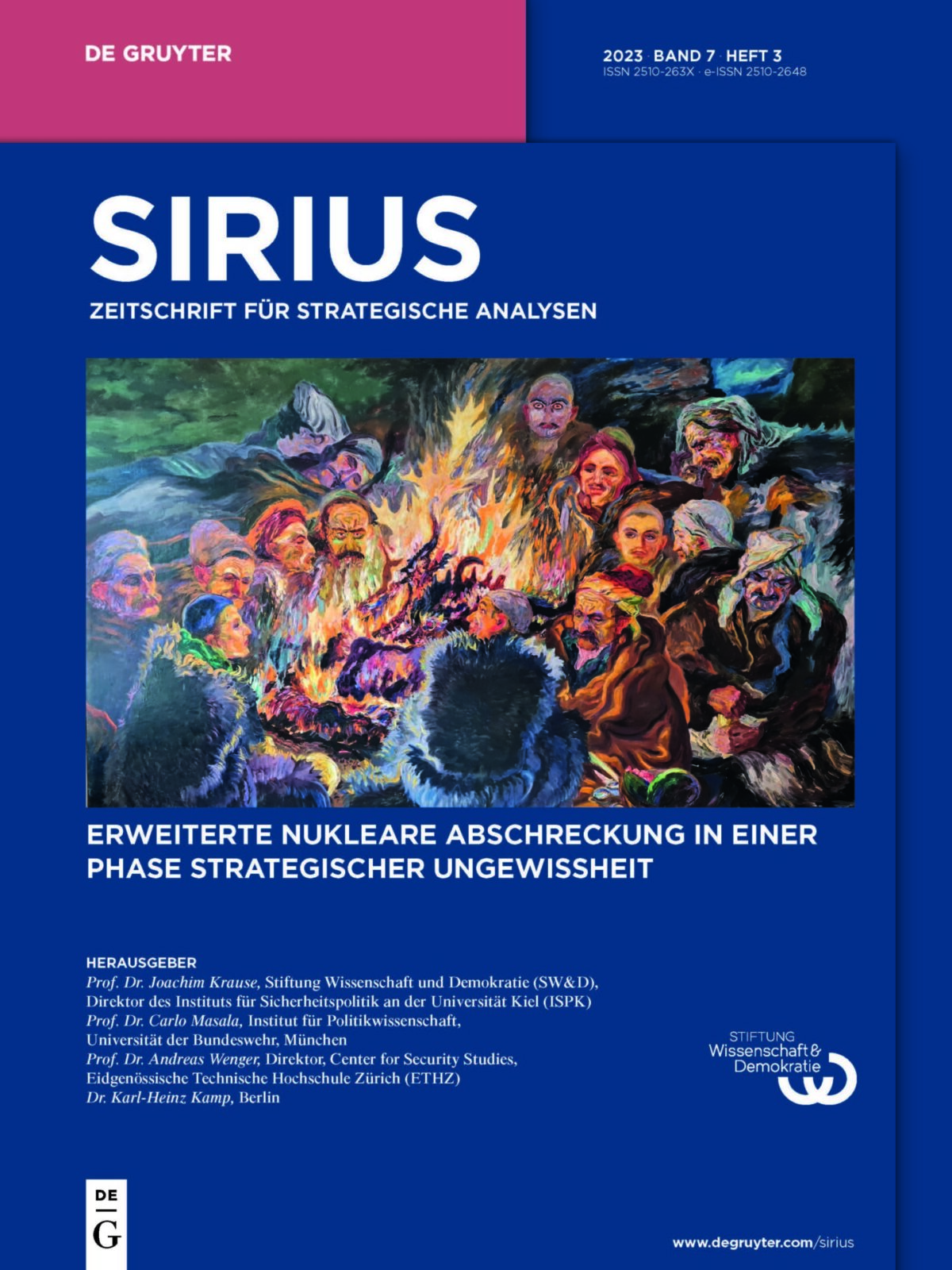How can Germany and its non-nuclear partners in Europe protect themselves against nuclear blackmail from Russia?
Following Russian President Vladimir Putin's threat to use nuclear weapons if his "special operation" against Ukraine fails, this question is being raised again more than 30 years after the end of the East-West conflict. Similar problems arise when looking towards the Indo-Pacific.
The current issue of SIRIUS deals with this topic and approaches it from different perspectives:
- Brad Roberts analysed in "Is NATO's nuclear deterrent fulfilling its purpose?"whether NATO's current arrangements for deterring nuclear blackmail can still be considered appropriate today.
- The contribution "Extended nuclear deterrence - on the credibility of NATO's strategy in the light of the Russian threat" is based on the recently adopted NATO strategy. Heinrich Brauss points out that this strategy means a significant strengthening of conventional defence capabilities. Furthermore, the alliance's nuclear defence system must also be reconstituted.
- Lydia Wachs asks in her article "The role of limited nuclear options for extended deterrence in Europe",
which limited nuclear options appear most credible in Russia's eyes. - Stephan Frühling and Andrew O'Neil steer with their essay "Alliance Building in the Indo-Pacific Region - Force Integration and Extended Nuclear Deterrence" a look at the extended nuclear deterrent for US allies in the Indo-Pacific region.
- Supplementary essay "Ukraine's raw materials and their strategic importance - a geopolitical analysis" from Ulrich Blum, Gregor Borg, Nico Kropp, Hanna Liventseva and Ievgeniia Rozhkovawhich, after an introduction to the country's general economic development, analyses the Ukrainian industrial, energy and resource base in order to then focus on the potential of those resources that will play a significant role in the decarbonisation of Western industrialised countries.
The three Brief analyses in the current issue:
- Maximilian Ernst "South Korea and the bomb - background to the debate on an indigenous nuclear weapons programme"
- Karl-Heinz Kamp "The path to a national security strategy"
- Joachim Krause "The intellectual and big politics - Henry Kissinger 100 years"
The current issue of SIRIUS also closes with a Literary essay and the presentation of the results of various international strategic studies and several Book reviews from.
As usual, the entire current issue is available online under the Open Access licence via De Greyter Verlag HERE freely available.


